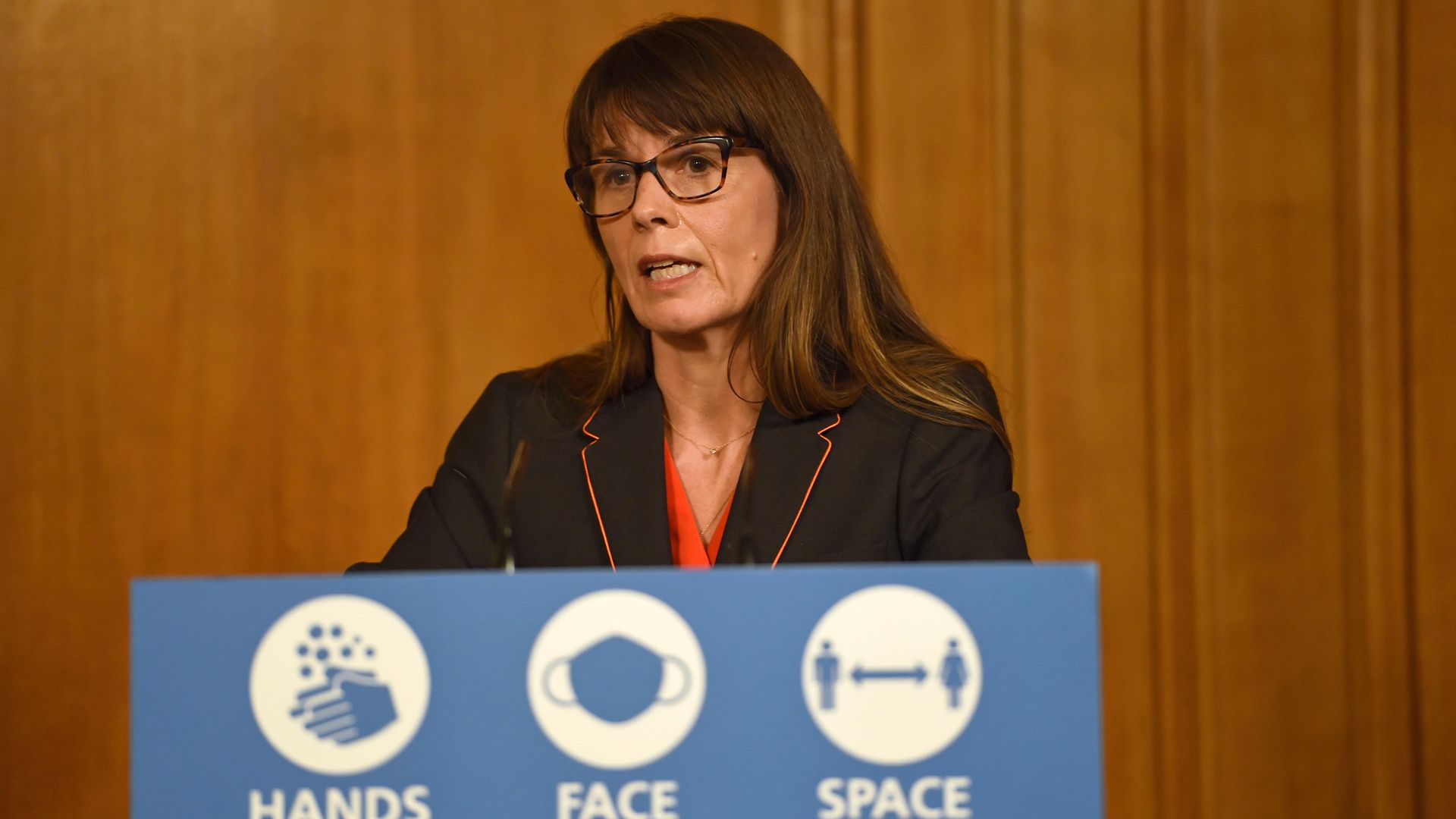
A government adviser has blamed the public for the low level of people being contacted by NHS Test and Trace staff.
The official said the public’s reluctance to answer calls from unknown numbers was the reason so few people have been reached by the government’s test and trace team.
Data released last week showed that two in five close contacts of people who have tested positive for coronavirus in England are still not being reached.
Some 60.3% of close contacts of people who tested positive have been reached in the week ending October 21. That figure rises to 97% among local health protection teams but plummets to 58.1% for cases handled by call centres and online staff.
Probed on issues with the system, Dr Susan Hopkins, a medical adviser to Test and Trace, told BBC Breakfast: “Firstly, the teams make every effort to call individuals. We do need to get people’s contact details from the primary case.
“Usually, about one in five individuals, there’s no contact details given. So we struggle to find that individual and then cases through the system.
“People don’t answer their phones, people don’t want to get a contact from an unknown number.
“And that’s part of the reason why there’s increasing local contact tracing, working with directors of public health and local councils, so that their local system can find some of these individuals that the national system cannot.”
This comes the NHS Test and Trace system faces calls to be revamped ahead of lockdown ending.
Dr David Strain, a senior clinical lecturer at the University of Exeter, said it was important the test and trace system uses the current lockdown to bolster its resources.
“In order to minimise the impact of the lockdown on the mental and physical health of the nation as well as the economy, this needs to be accompanied by a clear exit strategy, including an overhauling of the Test and Trace system to ensure it is fit for purpose,” the professor urged.
This follows news that a software glitch in the government’s Covid-19 app has meant thousands were not told to self-isolate when the should have been.
The government has admitted people were not contacted because the app had been set to the wrong sensitivity level and was not fixed for five weeks, despite the relevant department having the necessary software changes ready to implement.









